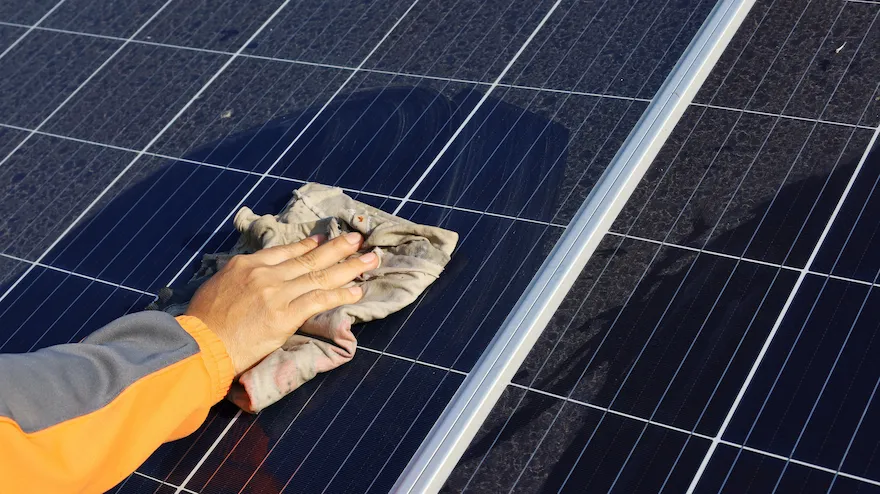As the pursuit of sustainable energy solutions gains momentum, solar power has emerged as a reliable and eco-friendly source of electricity for homeowners. As solar panels are becoming more popular, the integration of solar batteries has become a game-changer.
In this blog, we will explore whether investing in a solar battery can indeed save you money on your electricity bills.
Understanding Solar Batteries
Solar batteries, also known as solar energy storage systems, work in tandem with solar panels to store excess energy generated during sunny days. This stored energy can then be used on rainy days or at night when your solar panels are inactive. The primary purpose of a solar battery is to increase the self-consumption of solar power and reduce reliance on the grid, thus reducing your electricity bills.
The Potential Cost Savings
Investing in a solar battery, while initially expensive, can reduce your subsequent electricity bills significantly. Solar batteries provide:
Energy Independence
Solar batteries contribute to energy independence by allowing homeowners to harness and store their solar energy for later use. This reduces dependence on grid-supplied electricity, especially during peak demand periods when utility rates are higher.
Time-of-Use (TOU) Savings
There are two main pricing structures for solar power: flat rate tariffs and time-of-use. Many utility companies implement time-of-use pricing, where electricity costs vary based on the time of day. Solar batteries empower homeowners to use stored energy during peak periods, avoiding higher utility rates and maximising savings.
To find out if you are on a flat rate tariff or TOU pricing you can check your electricity bill or contact your energy supplier.
Backup Power During Outages
Solar batteries provide a reliable backup power source during grid outages. This not only ensures continuous electricity supply but can also save you from potential losses associated with power interruptions.
Avoiding Peak Demand Charges
Some utility companies impose peak demand charges based on the highest level of electricity consumption during specific times. Solar batteries enable homeowners to draw stored energy during these peak periods, mitigating the impact of demand charges and saving you money.
Selling Excess Energy Back to the Grid
Some areas and energy companies allow excess solar energy to be sold back to the grid. While this doesn’t directly reduce electricity bills, it provides an opportunity to earn credits or payments towards future bills from the utility company.
Considerations for Cost-Effective Solar Battery Investment
When deciding whether investing in a solar battery is the right move for you, it’s important to take a few things into consideration:
- Local Solar Incentives: Research or talk to your local solar electrician about any local solar incentives, rebates, and tax credits that may significantly reduce the upfront cost of installing a solar battery system.
- Battery Lifespan and Efficiency: Evaluate the lifespan and efficiency of the solar battery. Higher efficiency and longer lifespans contribute to better long-term cost savings.
- Electricity Consumption Patterns: Analyse your household’s electricity consumption patterns to determine if a solar battery aligns with your energy needs. Homes with fluctuating energy demands or frequent outages may benefit more.
- Overall Solar System Size: The size of your solar panel system influences the amount of excess energy available for storage. An appropriately sized solar system ensures optimal performance.
Before installing a solar battery you can have a chat with your local solar electricians for advice on whether a battery is the right option for your household, what options are available and what size you would need based on your energy usage.
Reduce Your Energy Bills With a Solar Battery
Investing in a solar battery has the potential to yield significant savings on electricity bills, offering financial benefits through reduced dependence on the grid, avoidance of peak charges, and efficient use of stored energy during high-demand periods. However, the feasibility of these savings depends on various factors, including local incentives, the efficiency of the solar battery, and your individual energy consumption patterns. Solar Uptime encourages homeowners to conduct a thorough analysis of their energy needs and consider the local solar landscape before deciding on a solar battery investment. By maximising the potential benefits and aligning the system with specific requirements, homeowners can harness the true power of solar energy and experience long-term cost savings on their electricity bills.







